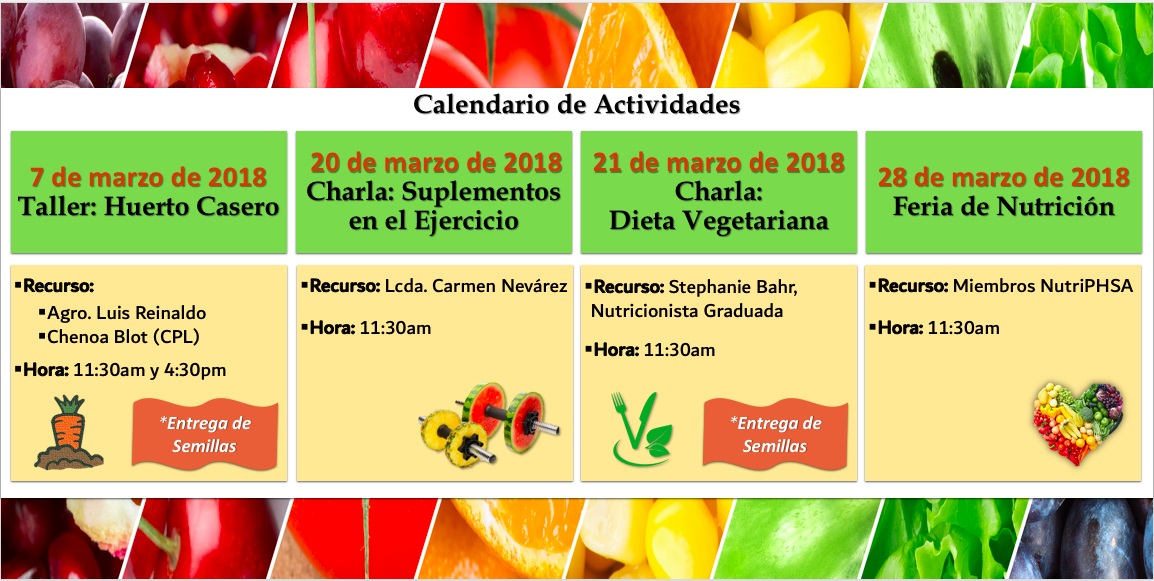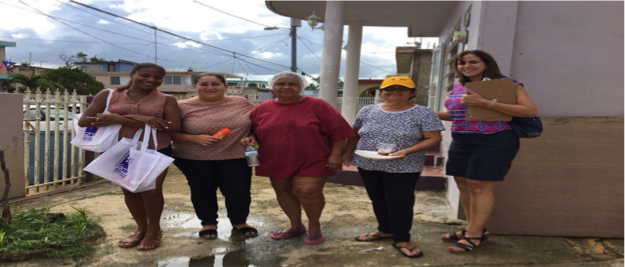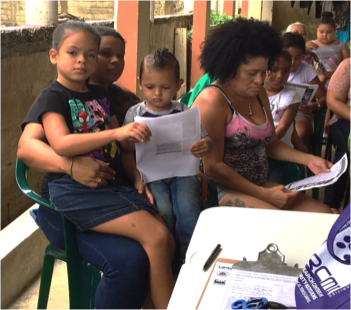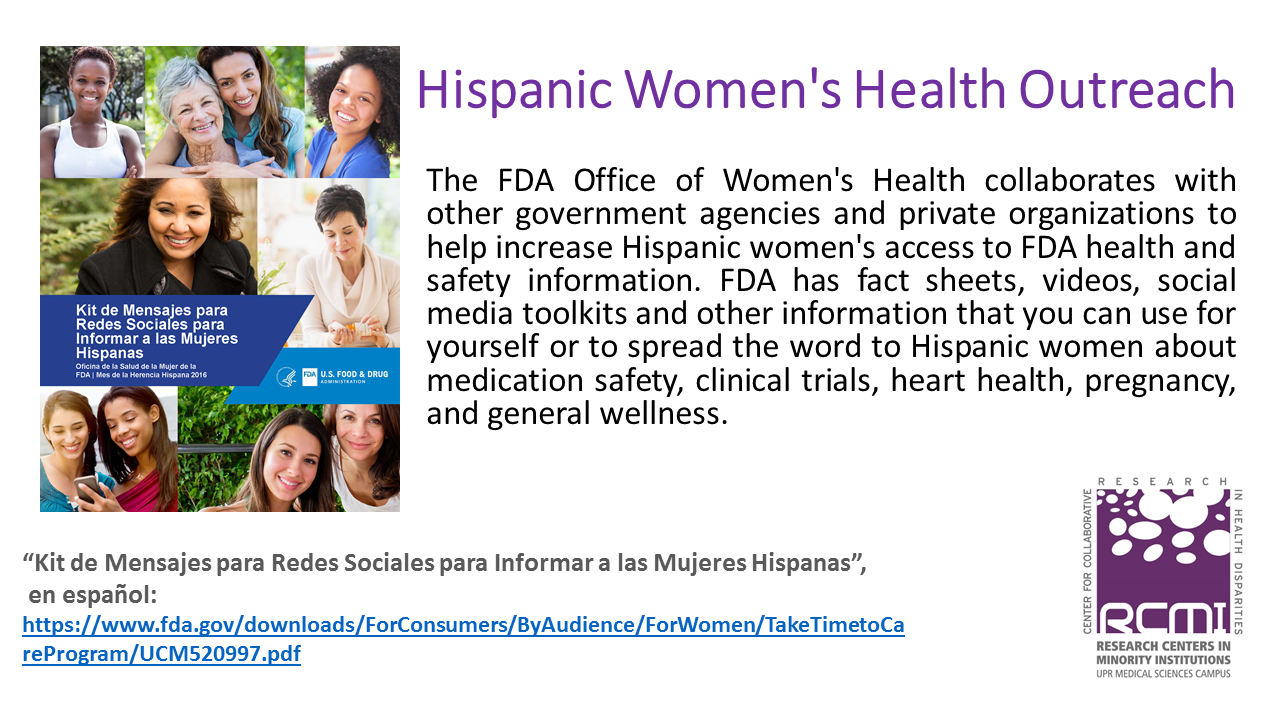Staff of the pilot project “Zika Virus Prevention and Risk Communication Strategies” visited Botijas Ii, a farm school in the rural town of Orocovis.

On April 6, 2018 staff of the pilot project “Zika Virus Prevention and Risk Communication Strategies” visited Botijas Ii, a farm school in the rural town of Orocovis. The school is known for its curriculum and teaching personnel sensitive to the environmental problems of the region. This explains their interest in methods to eradicate mosquitoes without affecting people’s health or the environment. The project team was led by principal investigator, Dr. Deborah Juarbe. To address community concerns about the existing problem of mosquitoes in the school, a workshop was conducted focusing on the preparation of home-made mosquito’s traps. Fourteen eighth-grade students, three teachers, and the school principal participated in the workshop, which included a conference about the biology of the Aedes Aegypti mosquito. Public health problems caused by mosquito-transmitted diseases was also discussed before demonstrating how to make small homemade mosquito traps (indoor use) and more sophisticated Ago-Traps (outdoor use). Mr. Samuel Lacén, an environmental scientist, designed and conducted the workshop. Materials for the elaboration of the traps were provided by the project to the participants. The students had the opportunity to make the mosquito traps working individually or in pairs under the guidance of Mr. Lacén. The activity concluded with a question and answer session which was received with great enthusiasm and assertiveness by the students. All students received a certificate acknowledging their participation in the workshop. Due to the public service relevance of the activity, Ms. Juanita Sandoval, director of local radio station Radio Cumbre 1470, conducted an interview with the project team which was transmitted the next day to neighboring towns. At the end of the interview, Ms. Sandoval emphasized to the audience the importance of preventing mosquito-transmitted diseases and warmly thanked the members of the project for their visit to the mountain.








